
In the last five years, at least 14 women have died after undergoing cosmetic surgeries in South Florida. Even so, Florida law continues to allow doctors who are not surgeons to perform dangerous operations in cosmetic centers.

In the last five years, at least 14 women have died after undergoing cosmetic surgeries in South Florida. Even so, Florida law continues to allow doctors who are not surgeons to perform dangerous operations in cosmetic centers.
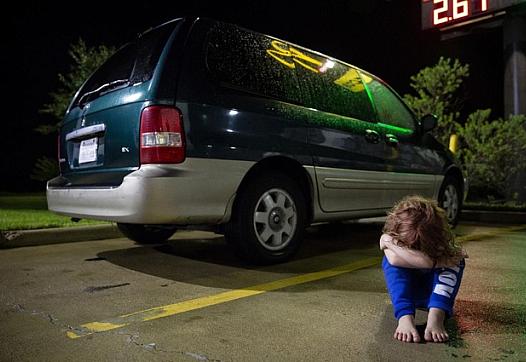
In the months after Hurricane Harvey slammed the Texas Gulf Coast, residents of small towns and rural communities felt ignored and forgotten. Here's what I learned telling their stories.
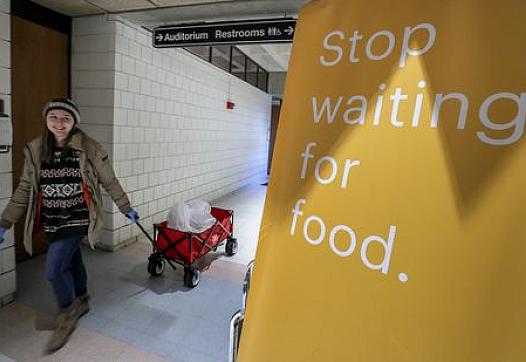
Across the country, students from low-income households are enrolling in college at increasing rates — with 39 percent of undergraduates falling at or below 130 percent of the federal poverty line in 2016, according to data from the National Postsecondary Student Aid Study.
![[Cropped photo by Sunil Vurity via Flickr.]](/sites/default/files/styles/teaser_list_thumbnail_large/public/title_images/Cropped_Maternal_Depression.jpeg?itok=-F8-8NS-)
It's a shocking finding: A recent study finds only one in 10 moms on Medicaid who screened positive for postpartum depression had even one mental health visit after six months. What's going wrong?
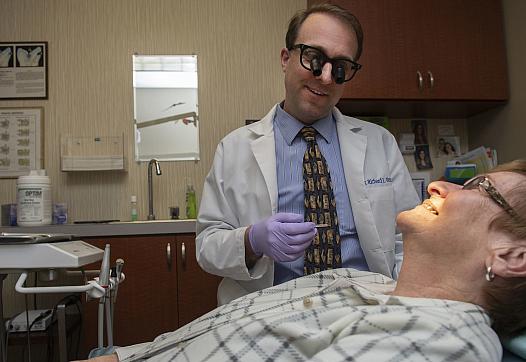
Binghui Huang wrote this series as a project of the National Health Journalism Fellowship, a program of the University of Southern California's Annenberg School of Journalism.
![[Photo by Lindsey Turner via Flickr.]](/sites/default/files/styles/teaser_list_thumbnail_large/public/title_images/LW_5840072032_c89d50bcfe_b.jpg?itok=f23g77Oy)
After California's success in lowering its maternal death rate, don't we already know why mothers are dying and how to tackle the problem? Are more committees and recommendations really needed?
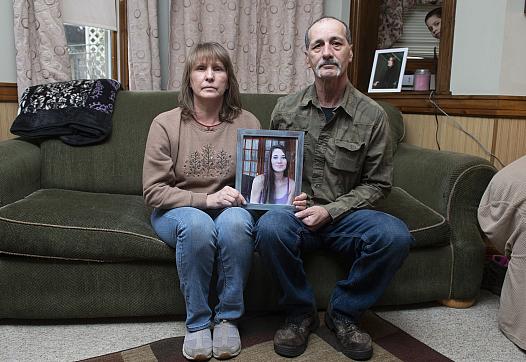
Binghui Huang wrote this series as a project of the National Health Journalism Fellowship, a program of the University of Southern California's Annenberg School of Journalism.
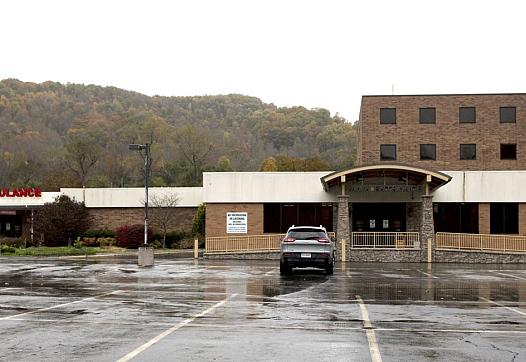
This story was reported with the support of the Dennis A. Hunt Fund for Health Journalism, a program of the University of Southern California Center for Health Journalism.
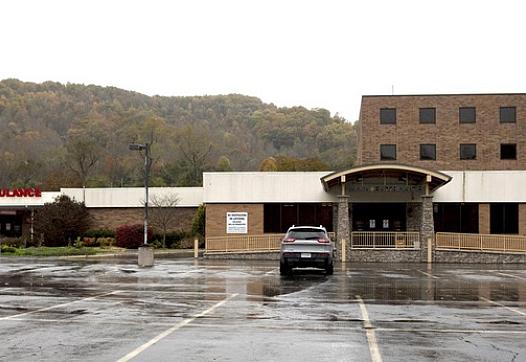
The region is the go-to place for helicopter reporting on poverty. But we wanted to provide more than snapshots and to tell stories that also show the resilience and innovation arising from this region.
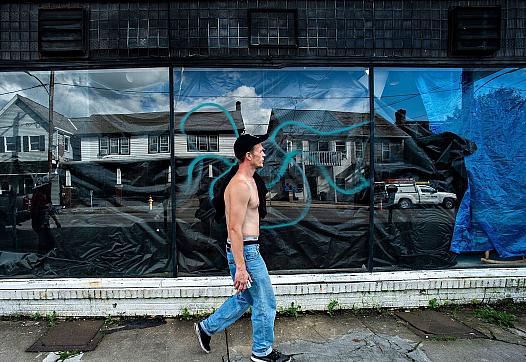
Binghui Huang wrote this series as a project of the National Health Journalism Fellowship, a program of the University of Southern California's Annenberg School of Journalism.